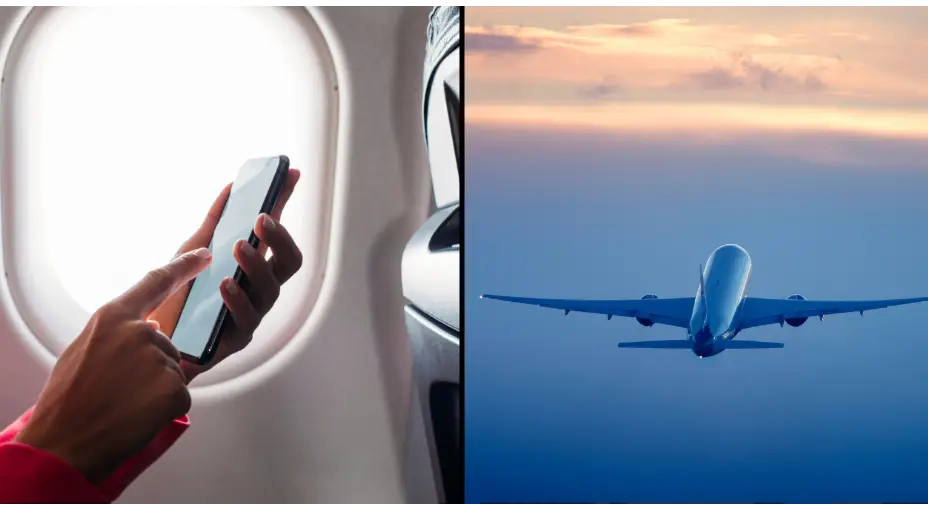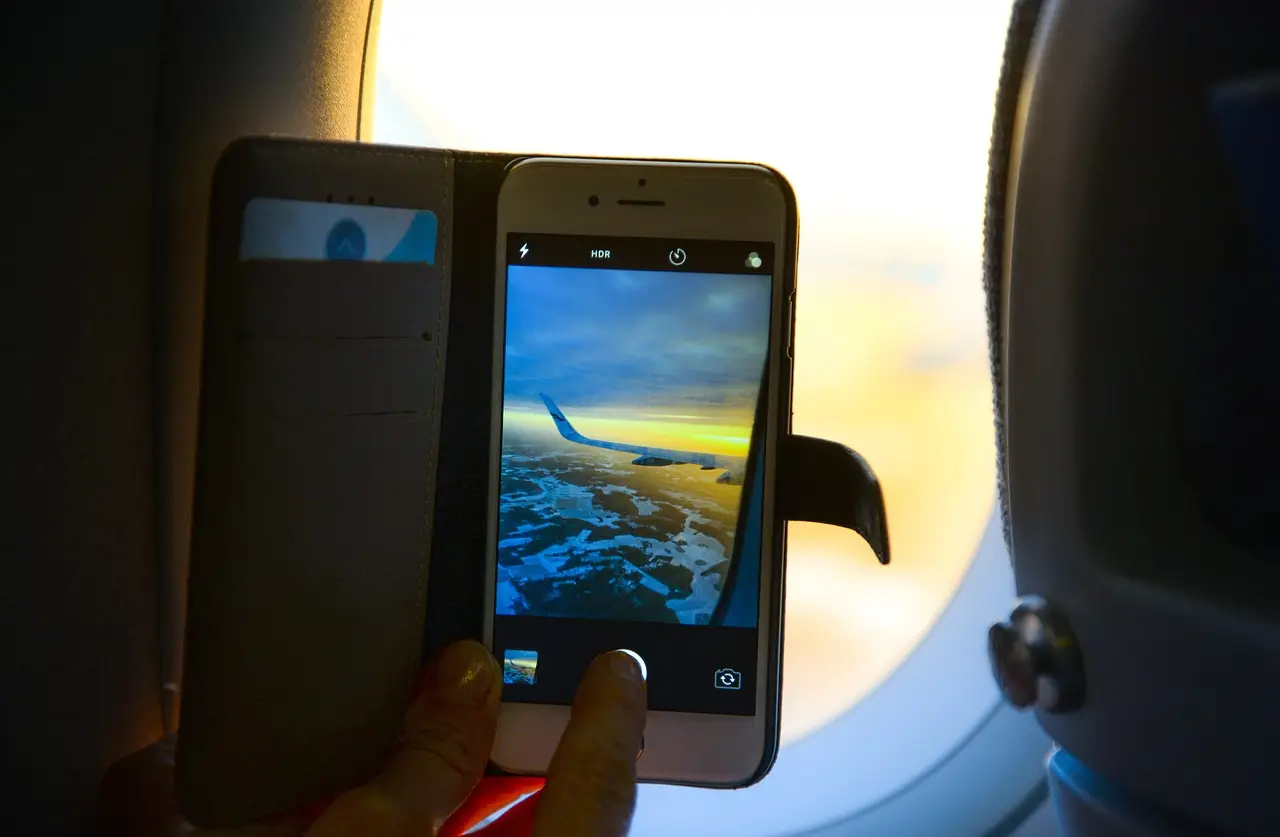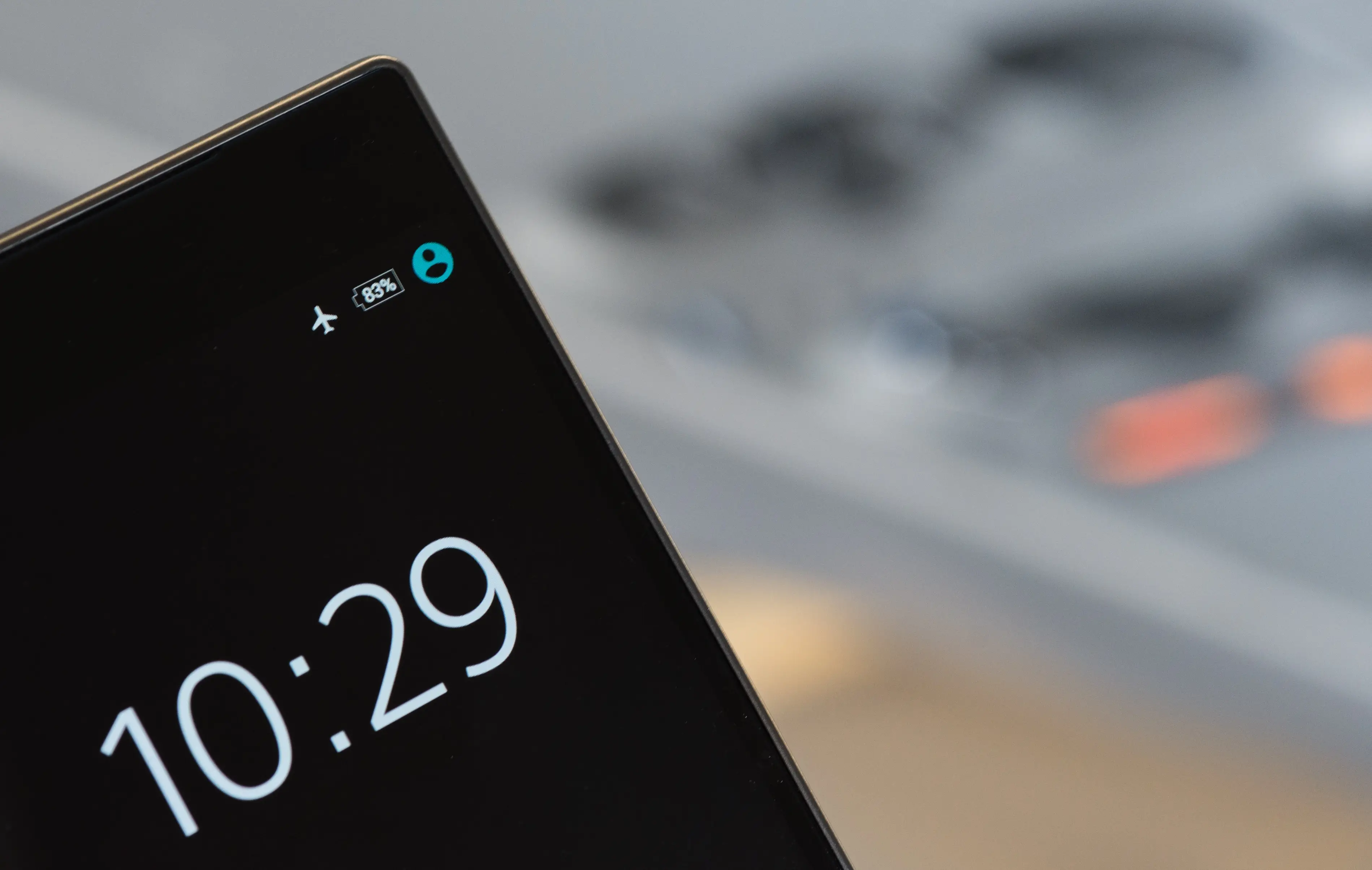
If you’ve ever been on a flight, you’ll likely be familiar with being asked to turn your phone on to ‘airplane mode’ or ‘flight mode’ or to switch it off completely - but why?
For some folks, switching off is a nice little reminder that we’re on holiday and the phone can be ignored, but it also has a fairly important purpose.
The Civil Aviation Authority explains: “Scientific research has shown that mobile phones can interfere with the normal operation of aircraft equipment and can also cause interference in pilot’s headsets.
Advert
“Mobile phones, and many electronic gadgets, when not in flight mode, will continue to transmit electromagnetic signals as the device attempts to maintain contact with a communications network. These signals will normally, as in the case of mobile phone networks, be commanded to transmit at the devices’ maximum power to maintain the connection between the device and network if the aircraft is in flight and thus at a significant distance from the network’s primary field of coverage, i.e. the ground.

“The cumulative effect of a large number of mobile phones or transmitting electronic devices being used simultaneously when not in Flight Mode, particularly during the critical phases of flight, such as take-off and landing, remains a serious concern.”
So by turning your phone onto flight mode - or switching it off completely - all cellular signals are disabled meaning you can be sure there will be absolutely no interference on the aircraft.
Dai Whittingham, chief executive of the UK Flight Safety Committee, told the BBC that the flight mode was important in the past because the potential risks of phones affecting planes wasn’t as well established.
He told the publication: "There was a concern they could interfere with automatic flight control systems.

"What has been found with experience is the risk of interference is very small. The recommendation has always been that once you are in flight, devices should be in in airplane mode."
But things could all be set to change in the not-so distant future as passengers flying in the EU ruled that 5G technology could be provided by airlines.
EU Commissioner Thierry Breton said: “5G will enable innovative services for people and growth opportunities for European companies.
“The sky is no longer a limit when it comes to possibilities offered by super-fast, high-capacity connectivity.”
Commenting on the new rules, Glenn Bradley, Head of Flight Operations at the UK Civil Aviation Authority told the BBC: "We understand that plans to enable 5G onboard flights will operate in the higher frequency bands and therefore won't interfere with aircraft systems.”
Topics: Phones, Science, Travel, Technology